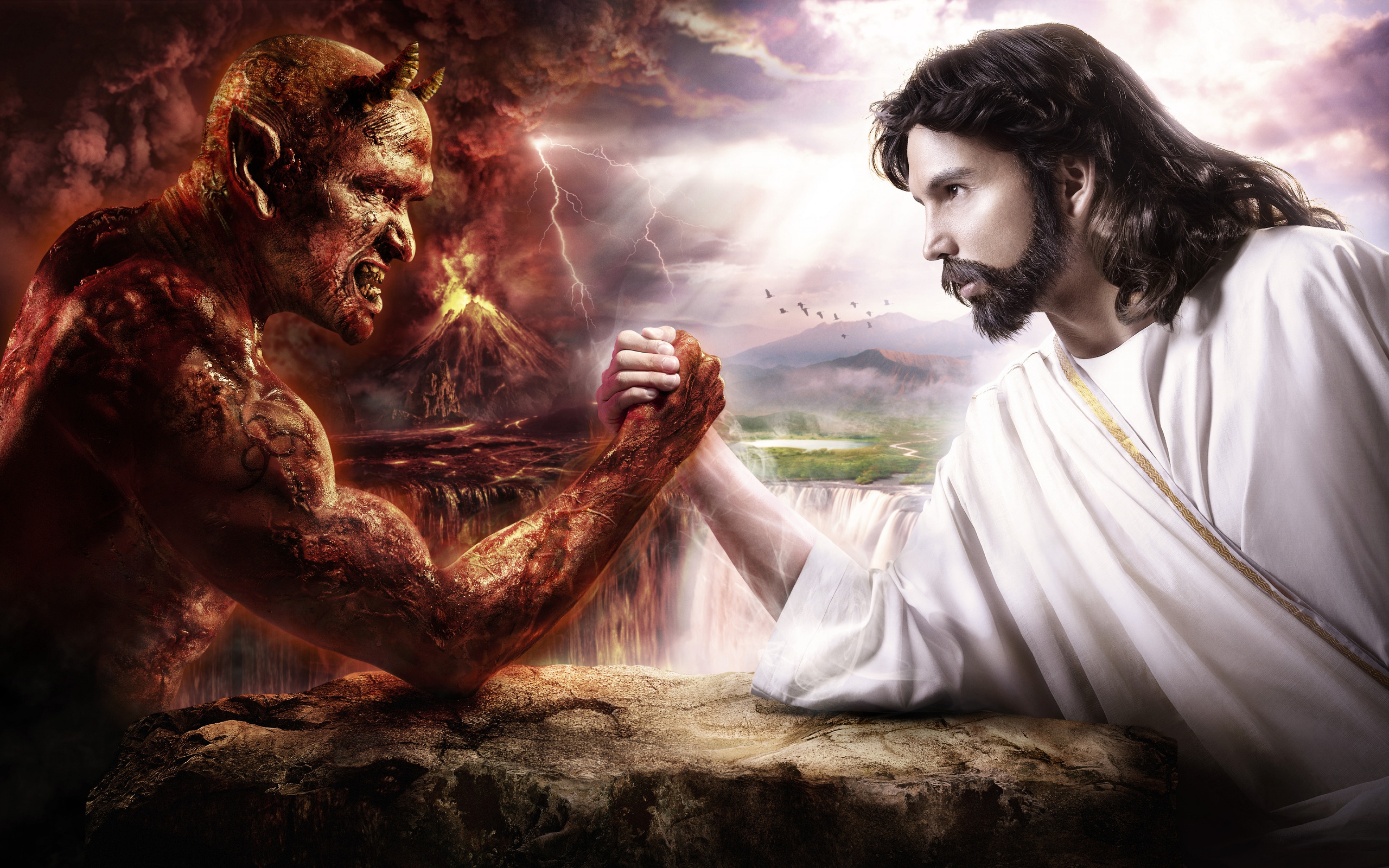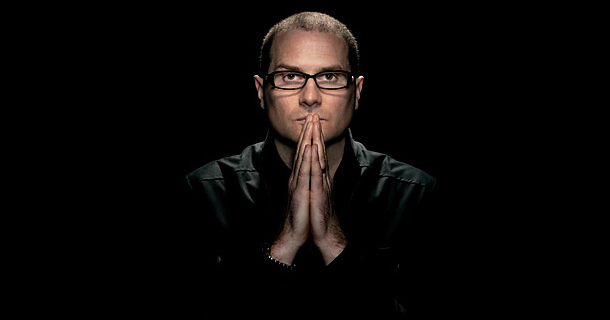Excerpt from Misfit Faith, chapter 5: “Shit Happens (Or, The Excruciating Disruption of Power”)
“How could a loving God give people cancer?”
It’s a really good question, and before we address it we would do well to remind ourselves that a healthy dose of agnosticism and humility at the prospect of defending God or speaking on his behalf is required. Who the hell do we think we are, anyway?
I’m reminded of a comic strip that shows a man lying in a hospital bed while his doctor tells him that although he has cancer it is all a part of God’s plan. The next panel shows God up in heaven making a To Do list which reads:
- Create World
- Give Carl Cancer
- ___________
(The obvious joke is that God is just shooting from the hip and flying by the seat of his pants, randomly distributing pestilence and plague, and then trying to decide whether or not to solve the problems he causes.)
But what if God doesn’t operate like this at all? What if God has chosen not to intervene in human history in such a way as to interrupt the laws of nature and human free will?
If God doesn’t throw his omnipotent weight around by either doling out woe or stopping us from bringing it on ourselves, then it turns out that if Carl got cancer, it was probably the natural effect of some prior cause, like eating processed food or living underneath a cell tower. In order to blame God for someone getting cancer, then, you also have to blame God for letting that person eat Twinkies and use an iPhone.
God doesn’t “give football players concussions,” or “drown surfers” either, but he does allow people to engage in activities that may cause those kinds of deaths or injuries. In a word, God’s involvement in this world—especially the way he exercises power—is by self-emptying nonviolent consent.
And nothing illustrates this dynamic more beautifully than the cross, at which the Son demonstrated not only his utter and complete participation in human suffering, but also his unwillingness to intervene and disrupt the evil devices of wicked men.
While this version of divine omnipotence isn’t nearly as ballsy as that of the Calvinist God (who foreordains horrific evils such as rape because “how dare you question ME!”), maybe it’s time to jettison that entire masculine, muscle-flexing view of God anyway? (And while I’m on the subject, since when did testicles become the symbol of toughness? They’re like the most sensitive things ever.).
As long as we demand an airtight theology with a well-behaved God, then we’ll be able to cavalierly answer all of life’s tough questions, despite coming off as total assholes: “9/11? That was the gays’ fault.” “Katrina? Blame the hedonists in New Orleans.” “Earthquake in Haiti? Payback for voodoo witchdoctors” (all of which were actually suggested as reasons for these tragic events by Christian leaders at the time).
But when we adopt a theology with a healthy measure of messiness and ambiguity thrown in, the seeming weakness on God’s part will be a small price to pay if (1) we don’t make God out to be a maniacal control freak, and (2) Jesus dies on a cross.
Sacred weakness is greater than secular strength, is what I’m saying.
After all, it was at Calvary that Jesus described himself as “forsaken” (Matt. 27:46). If the Son of God thought it was OK to display sufficient authenticity and anguish to question his Father’s inactivity and refusal to rescue, then surely we can, too.



